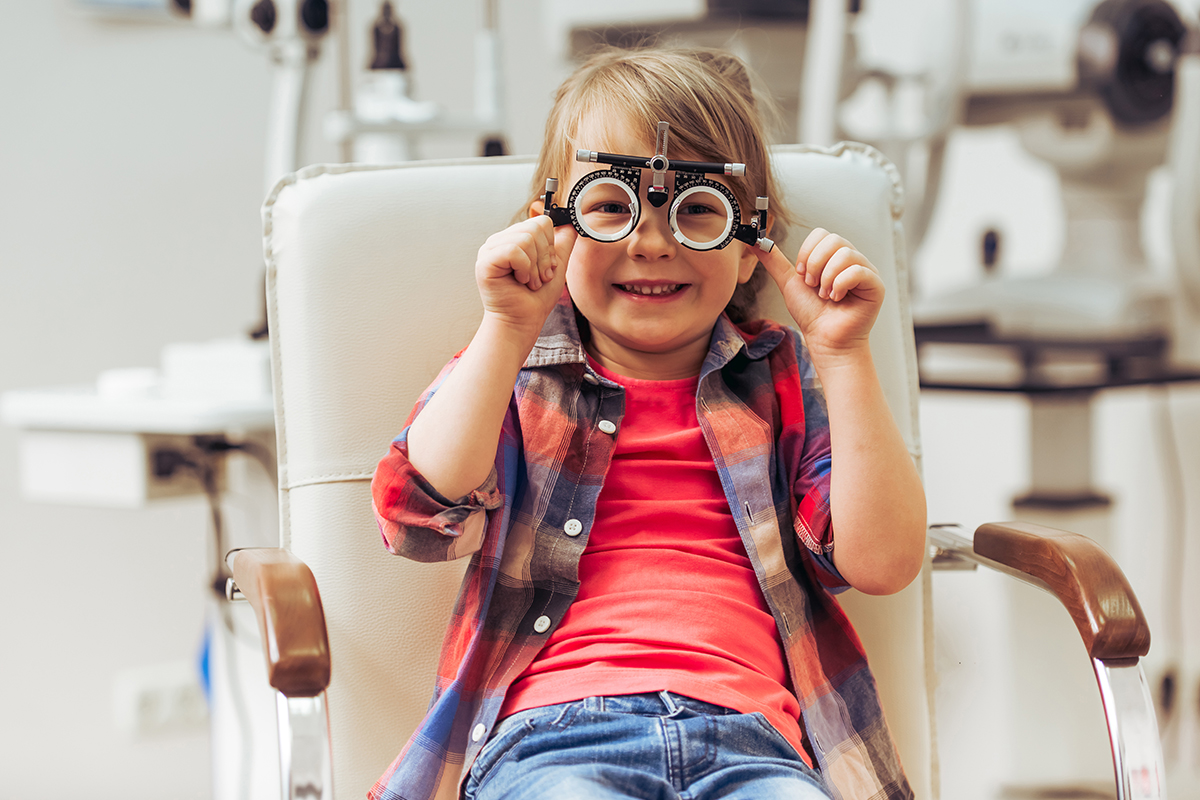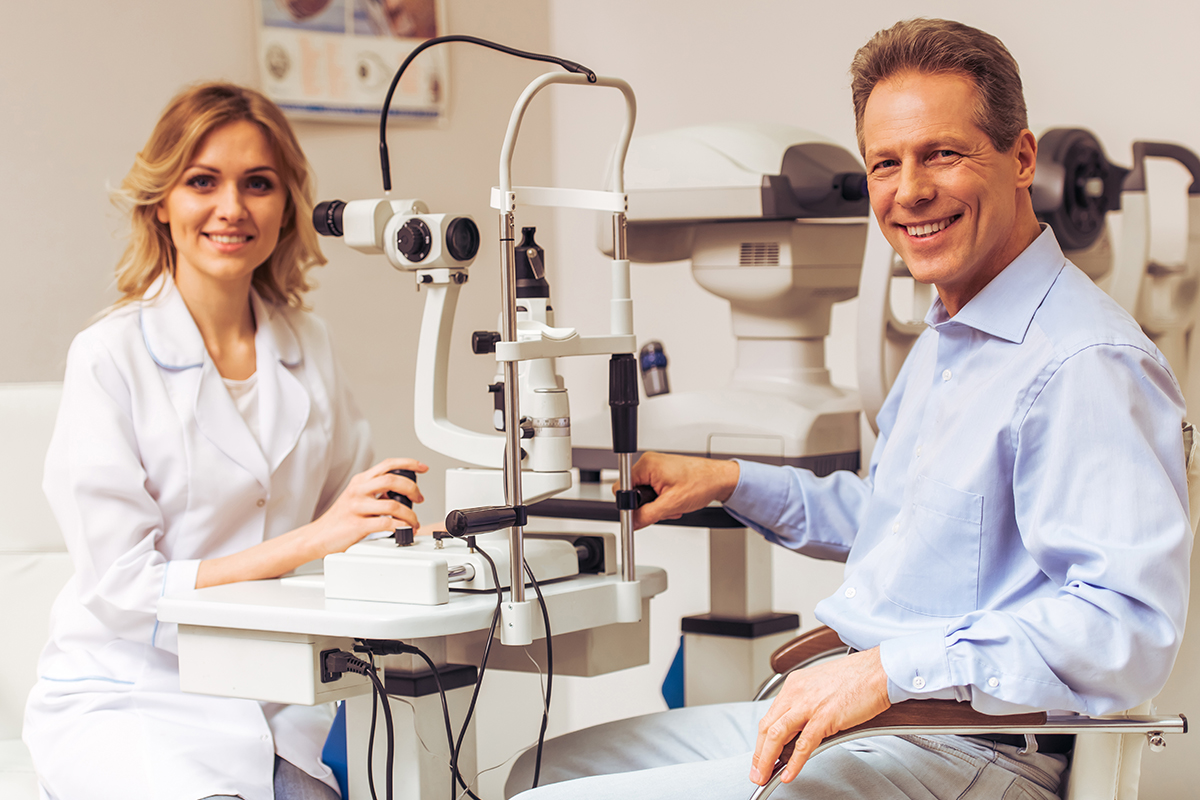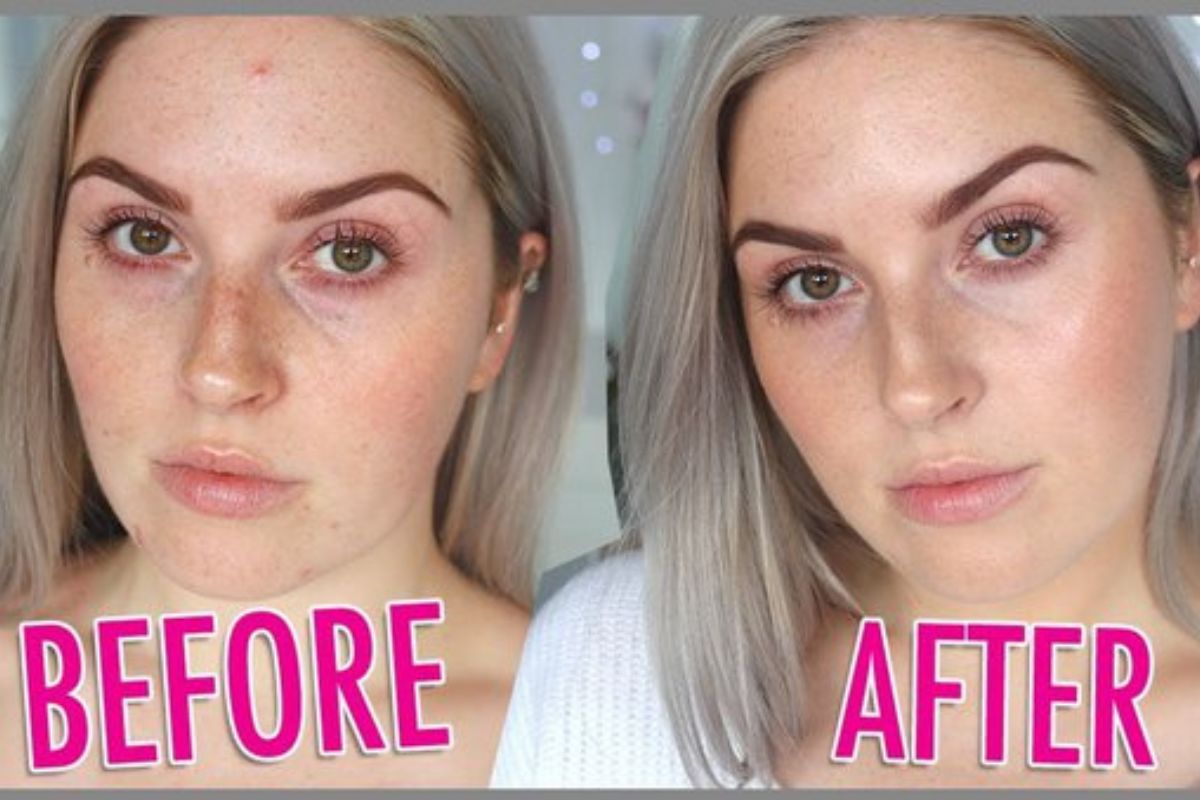
That’s why it is so important to see an ophthalmologist
Yes, seeing an ophthalmologist is essential, especially when it comes to eye health. They can diagnose and treat various eye conditions, ranging from common vision problems to more serious diseases like glaucoma, cataracts, and macular degeneration. Regular eye exams can also help detect early signs of other health issues, such as diabetes and high blood pressure, which may affect your vision. It's always best to be proactive when it comes to eye care!

Signs or risk factors for eye disease
Risk factors for eye disease include aging, family history of eye conditions, chronic health issues like diabetes or high blood pressure, smoking, prolonged UV exposure, obesity, eye injuries, poor diet, extended screen time, and certain medications. If you notice any signs or have these risk factors, seeing an ophthalmologist is essential for early diagnosis.

What Can You Do To Reduce Dry Eyes
To reduce dry eyes, you can use artificial tears or lubricating eye drops regularly to keep your eyes moist. Make sure to blink often, especially when using digital screens for long periods, and take regular breaks to rest your eyes. Avoid dry environments, or use a humidifier to add moisture to the air. Wear sunglasses to protect your eyes from wind and harsh sunlight. Stay hydrated by drinking plenty of water, and include foods rich in omega-3 fatty acids, like fish, in your diet. If symptoms persist, consult an eye specialist for further treatment options.

Sunlight exposure and childrens eyes
Sunlight exposure is important for children's eye health but should be managed carefully. Moderate exposure to natural sunlight helps in the healthy development of children's vision and may reduce the risk of myopia (nearsightedness). However, too much exposure to UV rays can harm their eyes, leading to long-term damage like cataracts or macular degeneration later in life. To protect their eyes, children should wear UV-blocking sunglasses and hats when outdoors, especially during peak sunlight hours. Encouraging outdoor play in shaded areas can also help balance the benefits of sunlight while minimizing harmful exposure.

Visual field assessment in low vision
A visual field assessment in low vision evaluates the range of a person's peripheral (side) and central vision to determine how much vision loss has occurred. It helps identify blind spots or areas of reduced vision, which can affect daily activities like reading, driving, or navigating spaces. This test is crucial for diagnosing conditions like glaucoma, retinal diseases, or neurological disorders that impact vision. By understanding the extent of the visual field loss, eye specialists can recommend appropriate aids, therapies, or treatments to help individuals manage their low vision more effectively.

Dementia and optometry: a growing need
As the population ages, there is a growing need for optometry care in individuals with dementia. Dementia can impact vision and eye health, making regular eye exams essential for early detection of issues like cataracts, glaucoma, or age-related macular degeneration. Additionally, vision changes can worsen cognitive symptoms, leading to confusion, falls, and reduced quality of life. Optometrists play a crucial role in monitoring eye health and providing appropriate vision aids or treatments. They also help caregivers manage the visual needs of dementia patients, ensuring better overall care and improving the patients' day-to-day functioning.

Watch out for the eye cosmetics you use
It's important to be cautious about the eye cosmetics you use, as they can affect your eye health. Expired or contaminated products like mascara, eyeliner, or eyeshadow can lead to eye infections, irritation, or allergic reactions. Always check the expiration date, and avoid sharing cosmetics with others. Ensure you remove eye makeup thoroughly before going to bed to prevent blocked glands or irritation. Opt for hypoallergenic and ophthalmologist-tested products, especially if you have sensitive eyes. If you experience redness, itching, or discomfort after using any product, discontinue use and consult an eye care professional.

